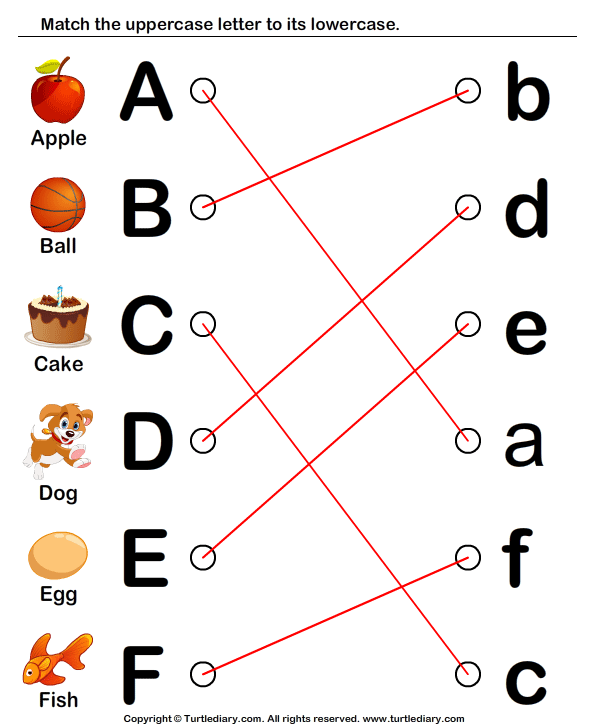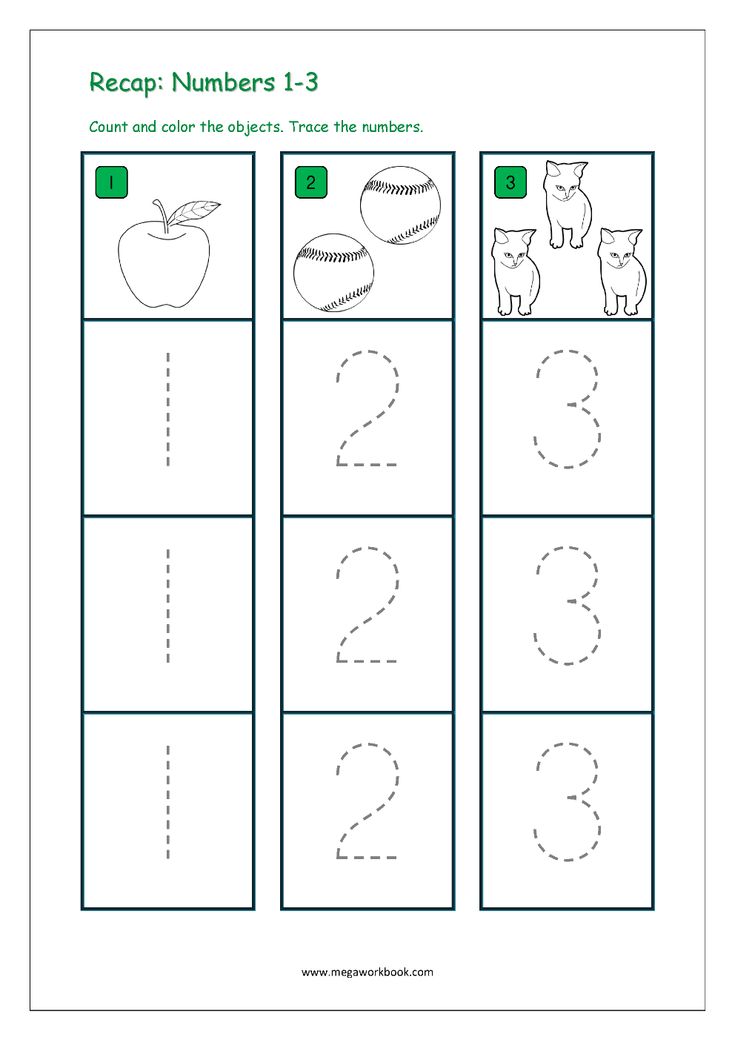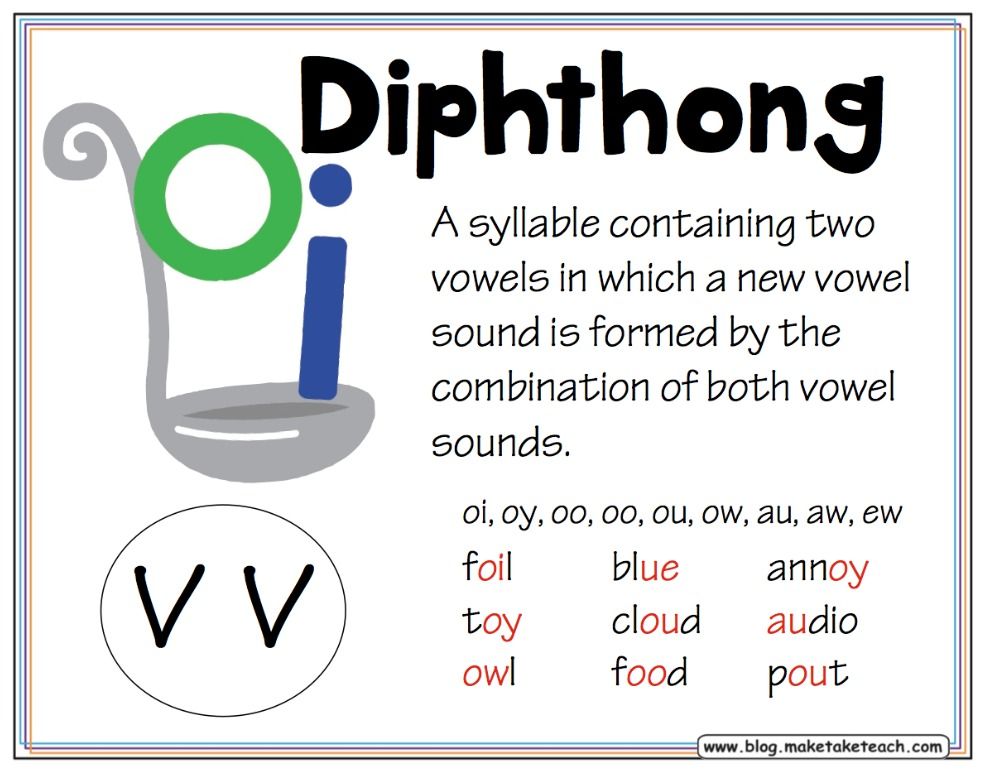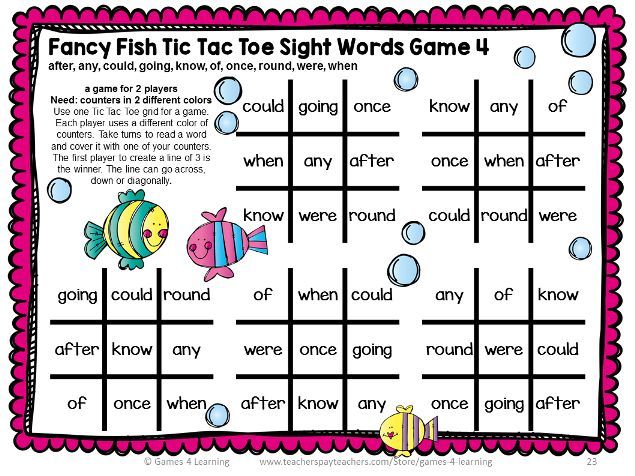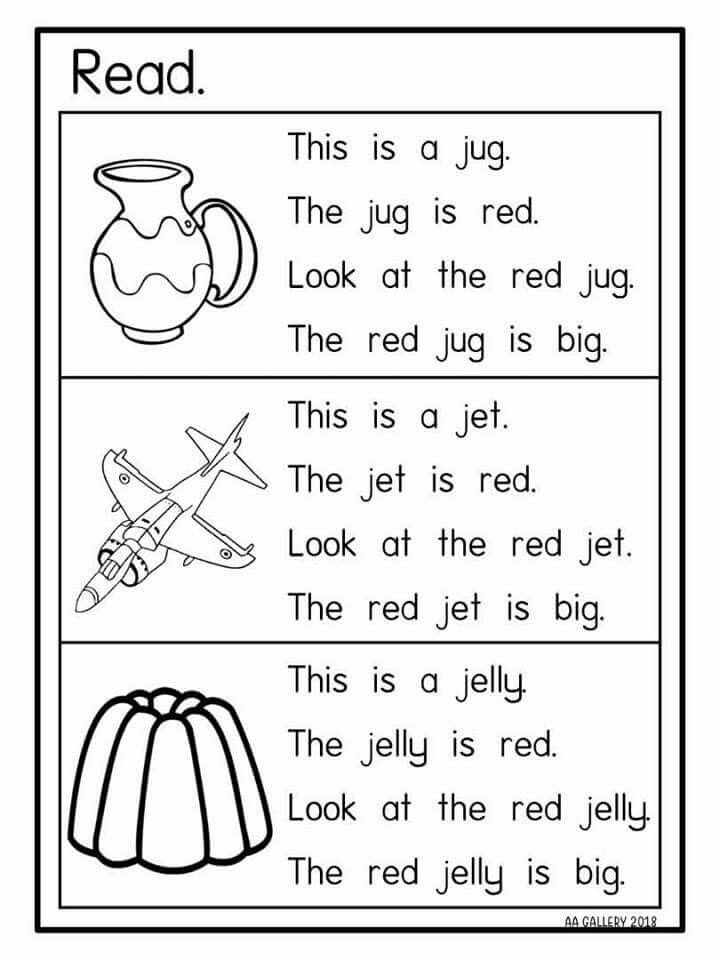Come learn with me
Come Learn With Me Groups
- School Year Playground Schedules
- School Contact Information
|
|
Elmer Wolfe
| Robert Moton
| Taneytown TES CLWM
|
| Monday |
| 10:00-11:15 | Marvelous Mondays at the Memorial Park Marvelous Monday 10:00-11:00 |
| Tuesday | 9:15-10:15 10:45-11:45 Evening Virtual Playgroup TBD | 10:00-11:15 | 9:00-10:15 |
|
Wednesday | 9:15-10:15 10:45-11:45 | No Playgroup | No Playgroups |
|
Thursday | 9:15-10:15 1:00-2:00 | 12:45-2:00 | 5:30-7:00 pm (dinner) 5:30-6:00 (playgroup) 6-7 (2nd and 4th Thursday of the month) |
| Friday | 9:15-10:15 10:45-11:45 | No Playgroups |
9:00-10:15 10:45-12:00 |
Elmer Wolfe
Cathy Whitfield
Titles: Community Teacher
Phone Numbers:
Work: 410-751-3307
Robert Moton
Robin Hoff
Titles: Community Teacher
Phone Numbers:
Work: 410-751-3610
Taneytown
Matthew 11:29 Take My yoke upon you and learn from Me; for I am gentle and humble in heart, and you will find rest for your souls.
|
tips from an experienced team leader, teacher and beginner - CSSSR on vc.ru
Three CSSSR employees - a beginner, a mentor and an experienced team leader - talked about which, in their opinion, the format of teaching programming works best. The programmers talked about the benefits of online courses and intensives, about learning from books, and about where to go to work for a beginner.
57 233 views
What they do
Vladislav Aleev, active junior: I am a beginner layout designer, I am 24 years old. I type and write a little in JavaScript. I'm learning a lot about programming now.
Boris Vanyushin, developer-mentor: I am now 32 years old, I write JavaScript for several large CSSSR clients and also teach intensive courses on HTML Academy online programming courses.
Evgeniy Vetsel, experienced team leader: I am 37 years old, before joining CSSSR I created one of the most popular sites in Russia about gadgets w3bsit3-dns.com. I run a free course: we make YouTube tutorials where I explain in detail the programming of real components in React from start to finish.
How to learn to program
Vladislav Aleev: I studied some elementary things when I was 14 years old. Then he took a long break and continued to study programming from the third year of university. He studied from books, articles and profile groups on VKontakte. Together with my studies, I made simple pages, tried to find the first customers to remake website templates. In this format, I studied and worked for several years.
After university, I went to a large office for 50 people and immediately got into a meat grinder. Because of the heap of cases, my mentor was constantly not up to me. I left almost immediately because I couldn't study or work there.
Boris Vanyushin: I started learning programming ten years ago, when I was still at university. But soon he quit and retrained as a project manager. After working as a manager for several years, I realized that this was not mine, and again went into development. Therefore, at the age of 30, I began to learn programming virtually all over again.
Evgeny Vetsel: My training was a hell of a mixture of everything. The method of scientific poke, books, colleagues, a lot of my own practice and successful projects, someone else's code, interactive courses on the Internet. Of this vinaigrette, the most useful were articles on the Internet, Stack Overflow, and official guides to new technology.
Is there any benefit from online courses and intensives
Vladislav Aleev: I do not believe in the effectiveness of expensive and fast courses and programming intensives. After them, it seems that you can do anything. But when faced with real problems, you get into a dead end. These tasks were not included in the program, and they do not provide fundamental knowledge at intensive courses. It is better to give the money for the courses to the developer you want to reach. Let him review the code for this amount and call you on Skype once a week. It will be much more efficient.
From the courses I studied at the "School of Programming" (now - Geekbrains) and HTML Academy.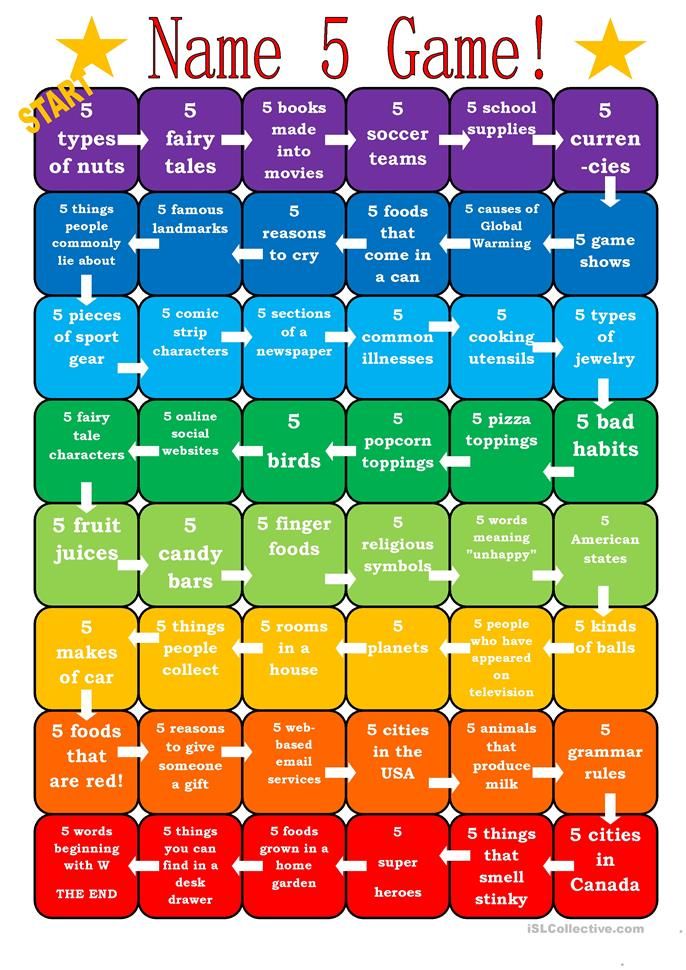 After completing the course at Geekbrains, I can safely say that I just wasted my money and time on them. I liked the free courses from HTML Academy a little more: they have an interactive format and an interesting presentation, but their material was difficult to remember. A month after completing HTML Academy, I was opening their tasks for the first time. It's a completely different matter when you sit on the tasks yourself. You can kill a few hours because of some stupid mistake, but you will remember the solutions for a long time. With courses, this is not the case: the teacher issues a memorized program without much attention to practice and your questions.
After completing the course at Geekbrains, I can safely say that I just wasted my money and time on them. I liked the free courses from HTML Academy a little more: they have an interactive format and an interesting presentation, but their material was difficult to remember. A month after completing HTML Academy, I was opening their tasks for the first time. It's a completely different matter when you sit on the tasks yourself. You can kill a few hours because of some stupid mistake, but you will remember the solutions for a long time. With courses, this is not the case: the teacher issues a memorized program without much attention to practice and your questions.
For those taking their first steps in programming, HTML Academy might be a good start. But without independent and hard work, nothing will be deposited in memory. You need to understand that you should not expect much from the courses. Yes, you will no longer be afraid of code, but it will be difficult for a beginner to find a job after such two-month courses.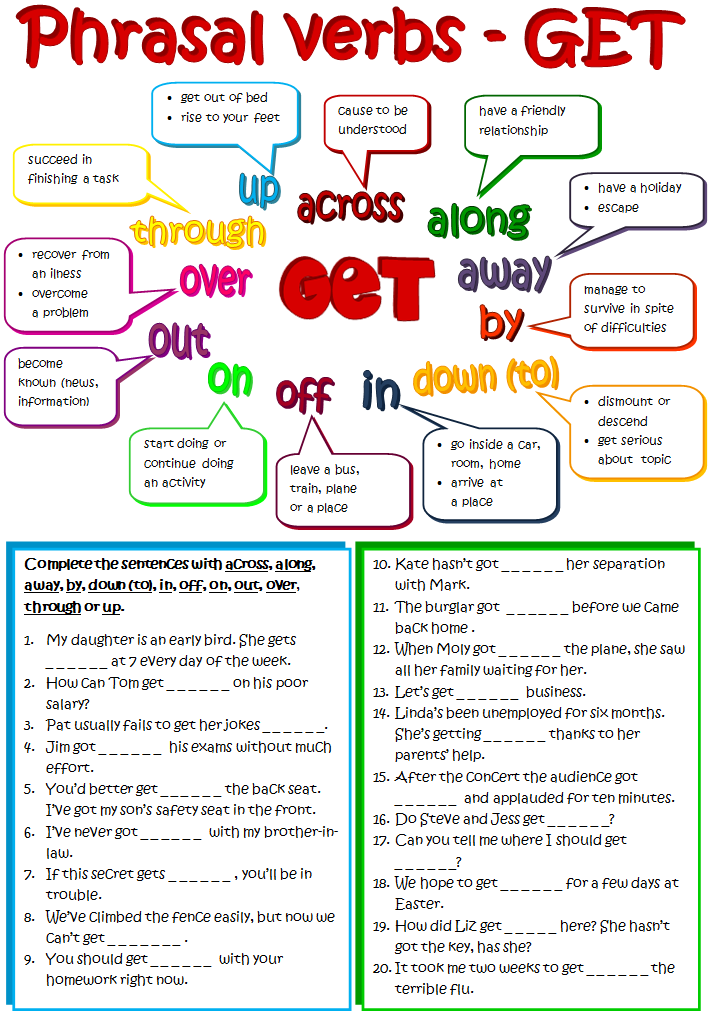
Another trouble with intensives is that they often work according to the principle of "Business of Youth": they charge you by saying, "squeeze a little more, and everything will work out!". But the charge ends immediately after the course.
Now, on the advice of my colleagues, I study on Hexlet. It seems to me that this is one of the best courses in Runet. For little money, you get the fundamentals of programming and many quality training programs. A nice bonus - you can consult with the authors of the course in the process of studying.
Boris Vanyushin: I'm a mentor myself at the HTML Academy JavaScript intensive, so I know the process from the inside. The course goes like this: students watch lectures and perform practical tasks. I answer questions about the lectures and give feedback on the code, bugs and possible improvements. This intensive lasts about two months. People of completely different levels come. There are even grandmothers who are bored of sitting at home doing nothing. But most often, people who have already studied layout and CSS go to the JavaScript course. For them, knowledge of JavaScript will be the development of a layout designer's career.
But most often, people who have already studied layout and CSS go to the JavaScript course. For them, knowledge of JavaScript will be the development of a layout designer's career.
In my opinion, learning with online courses is more effective than self-study with books and webinars. You just need to choose courses where there is feedback - this is the most important thing in learning. Is this course worth the money spent? It's hard for me to say. If the goal is to get basic knowledge in JavaScript and generally understand whether it is yours, then it's worth it. If for this money and two months you want to become a professional developer, then you should not, because this will not happen.
I don't like it when online courses lure students in with high programmer salaries. They like to promote topics in the spirit of "pay 70 thousand now and in a few months you will receive a salary of 150 thousand." But this is a dishonest marketing gimmick. Such a salary can only be received after a few years of hard work.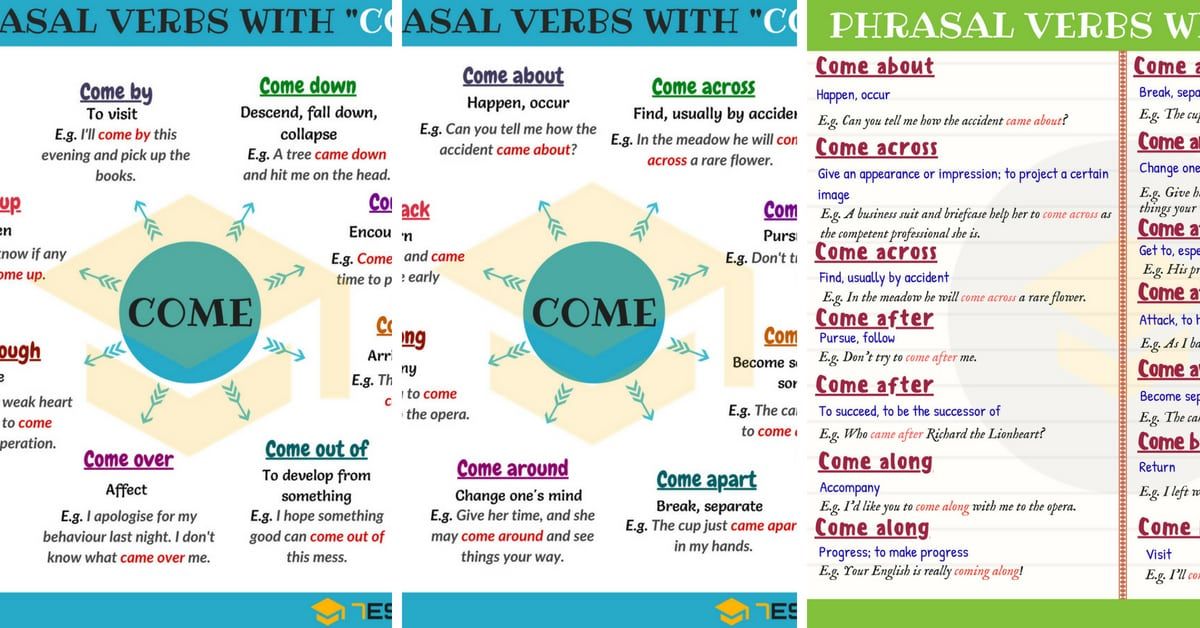
Two months of intensive is enough to reach the level of "take me to work for food, please" in the company.
For 70 thousand spent on the course, you can save three months. You will get the same amount of knowledge in two months instead of three or four, but only if you work hard. To get a good job at the end of the course, you need a certain minimum of hours spent on writing code. You can focus on 1000 hours. And there is no way to jump over.
Evgeniy Vetsel: Online courses provide a lot of information, but they don't provide a “base”. Therefore, after the courses, people do not have knowledge of different frameworks and “shelves”, according to which all knowledge is decomposed. This knowledge and structure is provided by books and consolidation of knowledge in practice with a mentor, and not intensive courses. Beautiful promises of a salary of 120-150 thousand according to their results are all the more a myth. No one will pay such a salary to a person who cannot independently solve problems. In general, courses without practical experience are a utopia. I once worked with a man who completed such courses and saw how he tried to follow the learned paths.
No one will pay such a salary to a person who cannot independently solve problems. In general, courses without practical experience are a utopia. I once worked with a man who completed such courses and saw how he tried to follow the learned paths.
Is it possible to learn programming only from books
Vladislav Aleev: In no case do I advise you to start learning only with books. A simple example: Lea Veroux's book "CSS Secrets" was recently published. Ideal solutions for daily tasks. The Russian edition is so terrible that the color gradients in the book have become black and white, and the padding (indentation) has become “filling”. If a newcomer, after studying this book, comes to the company to parse the code, using the word “padding” instead of padding, the conversation with him will be short. In my experience, books are only useful with practice.
Boris Vanyushin: If you study completely on your own, you may not pay attention to important things.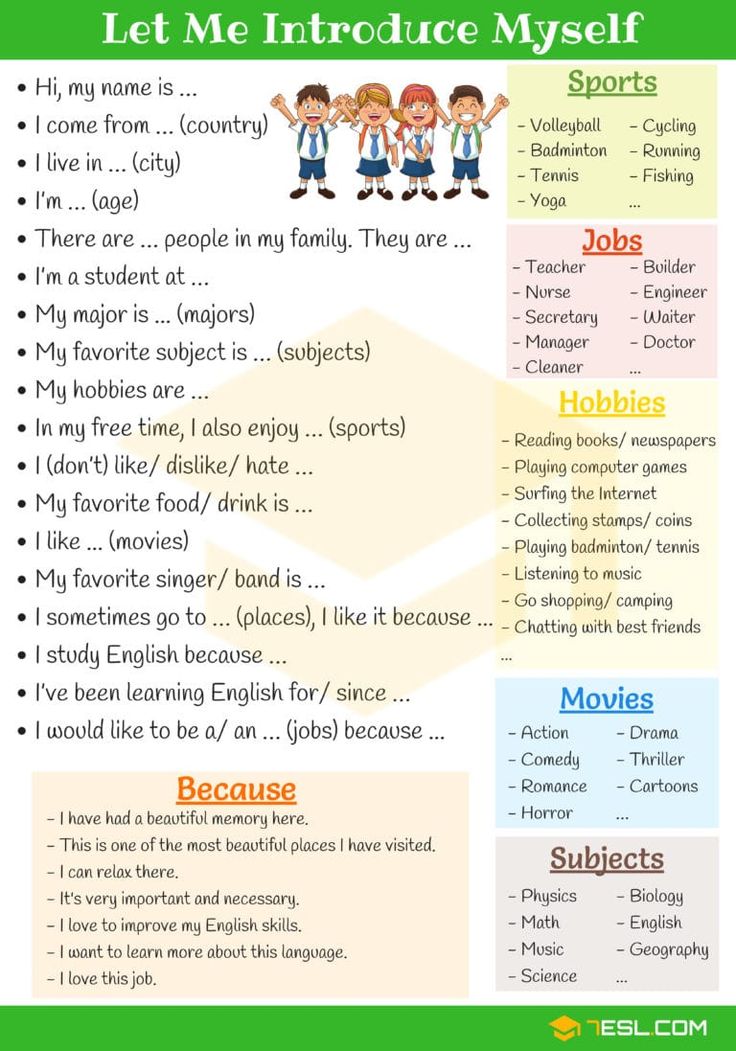 For example, the quality of the code and the operation of the system outside of the tasks from the book. You may consider a mess of code to be something unimportant, but this is the first thing that will catch your eye in an interview.
For example, the quality of the code and the operation of the system outside of the tasks from the book. You may consider a mess of code to be something unimportant, but this is the first thing that will catch your eye in an interview.
You don't have to go to a course to get feedback on your mistakes. If you have several programmer friends, you can ask them to review your code. This is no less effective way than intensives. You just need to find programmer friends who will agree to spend their time working with a beginner.
Evgeniy Vetsel: The books provide the basics, but they have problems with examples. I would advise you to read the book and create "shelves" in your head based on it. Don't try to study everything thoroughly. When the structure appears, then do your own small project together with the mentor and try all the tasks from the book on it. Knowing where to “put” the information, you study it more willingly and absorb it better. In our profession, it is important to know the "why" and "how", otherwise it is cramming, which will not help programming.
Where to go to work for a beginner
Vladislav Aleev: I advise you to start your career in a good studio. This is a way to learn how to work on different cool projects, and not just cut the same type of landings. And if you are lucky with colleagues, they will prompt, give materials, discuss the code, and so on.
Boris Vanyushin: I do not advise a beginner at the start of a career to go to a small web studio that rivets websites on the knee. They often write shitty code that somehow works. This is the worst thing a beginner can face. Large companies, on the contrary, write good code, but it is subject to a thousand internal rules. Therefore, the ideal option for an internship is a company with a staff of up to 50 people. In such a team, they usually monitor the cleanliness of the code, but do not yet suffer from the problems of corporations.
Evgeny Vetsel: My main advice to a beginner is to look for a mentor. And choose a job where there is training and time for discussions.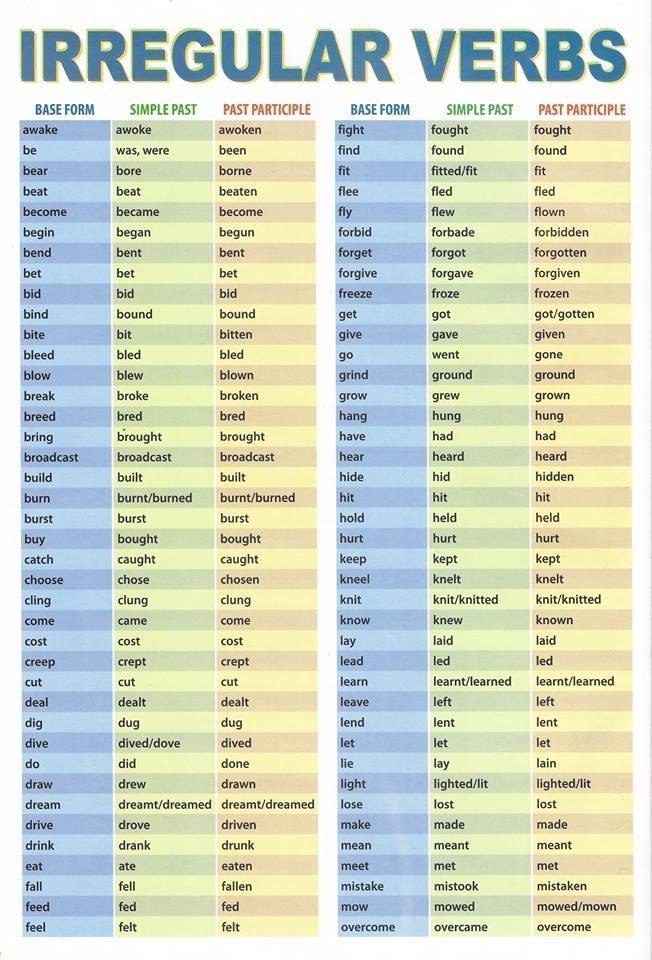 Any acquaintance can become a mentor if he knows the programming language better than you. Even I often have bugs in the code that can take days to resolve. You may never find these errors yourself, especially if they are associated with an external library. But the mentor will quickly find them, and you won’t have to slip. Digging into the little things, you risk losing all the fuse and you can abandon the task.
Any acquaintance can become a mentor if he knows the programming language better than you. Even I often have bugs in the code that can take days to resolve. You may never find these errors yourself, especially if they are associated with an external library. But the mentor will quickly find them, and you won’t have to slip. Digging into the little things, you risk losing all the fuse and you can abandon the task.
When you are approaching the average level, it makes sense to work in companies where projects replace each other at least once every six months or a year. Each project means different approaches and technologies for providing technical specifications. Someone uses Jira, someone uses Trello, and someone uses GitHub or Bitbucket. Until you try all this zoo of tools, you will not be able to feel confident in the profession.
Finally, it is important to learn to speak the same language with programmers. They speak briefly and often use abbreviations. Therefore, experience is important to just speak the same language with them, understand them and learn.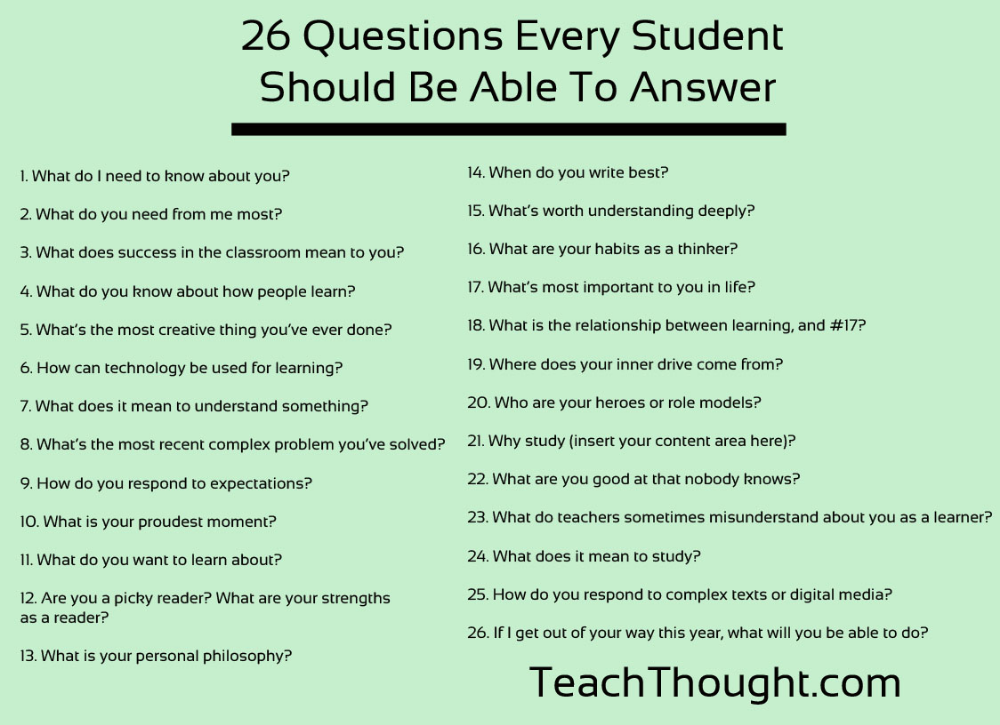
What is most important in learning to program
Vladislav Aleev: The best advice I can give is more practice. The bigger, the better. And use books after, when there is a basic understanding of the topic.
If we're talking about tools, I suggest looking at the questions and answers on Stack Overflow. Over time, you can try to give answers there. For a beginner who has just started working with JavaScript, it is important:
- Understand the principle of operation and know the syntax of the language. Without this, the simplest code will cause a stupor. Example keywords: IIFE, closure (understand, not memorize), currying, variable bubbling.
- You need to learn how to read and understand someone else's code.
- It's not the code that matters, it's the thinking. You have to understand that language is just a tool. If you, as a junior developer, can describe at least three popular sorting and search algorithms, draw a schematic for them, and write at least one in pseudocode, you already compare favorably with most beginners.
 You also need to know data structures (List, Array, Map, Set).
You also need to know data structures (List, Array, Map, Set). - In practice, it is useful to solve kats from Codewars. At interviews, as a rule, they give similar ones.
Boris Vanyushin: The most important thing in training, in my opinion, is to adhere to the loop principle: I did it, I got feedback from the mentor, I fixed it. The sooner you start showing your code for reviews, the sooner you will learn. If a beginner has the opportunity to get an internship at a company where there will be a mentor, this should be used. Unfortunately, no one usually has such conditions.
Evgeny Vetsel: When you study programming, you get a lot of knowledge from different areas. If you learn it all yourself, then you just dump everything in a heap. It is the mentor that helps to put everything on the shelves. And if you don’t have these very “shelves”, you can get a lot of information, get confused in it and leave the profession out of fear.
When I was making lessons for my YouTube channel, I noticed that it is much more fun to study with a beginner. He writes the code, and I tell him where to steer. Scientists have already proven that what has not been reproduced at least once is studied in vain. This means that practice when learning programming is a must. I recommend that everyone start their own small project, improve and complicate it as you learn. Those who learn JavaScript are especially lucky: it is also a server-side language in which you can write a complete product.
Why am I a supporter of my own, albeit small, projects? I believe that good programmers are endorphin addicts. When you write code, you implement everything in small pieces. So you get a dose of endorphin (pleasure) after each well-made piece, and you are drawn to continue. Don't try to write all of the code. Implement it in small iterations and small functions. Each of them will boast that it works, and you, having received a “dose”, proceed to the next one.
The ideal move to learn the same JavaScript is to start by writing a simple page in Codepen. Start with HTML, then move on to CSS basics, and after creating the page, move on to JavaScript.
What to read and watch
Vladislav Aleev: If I could now send myself a message to the past, I would say this: skim through the Modern JavaScript Tutorial. Complete the courses on Hexlet by reinforcing the Sorax video course on the basics of JavaScript. Solve problems on Codewars and try to write something from real projects - a slider, form field validation or a calculator, a time tracker. Periodically ask your mentor for a review.
Back it up with a few cool JavaScript books like JavaScript: The Definitive Guide, You don't know JavaScript: this and Object prototypes. Maybe the whole series. Do not forget to get enough sleep and rest - without this, training will go much worse.
Boris Vanyushin: Let me give you some non-technical advice.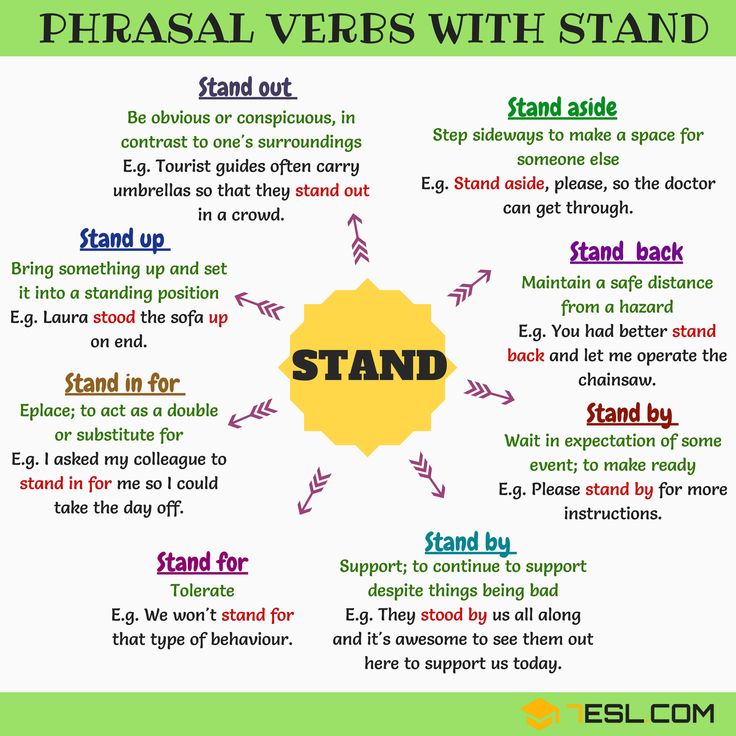 For example, "Pragmatic Programmer" Andrew Hunt.
For example, "Pragmatic Programmer" Andrew Hunt.
Evgeniy Vetsel: To learn JavaScript and React in particular, I would recommend watching the meetings of our React learning club. It has over 36 lessons.
Vitaliy Ivanov, React developer, CSSSR: For those who are learning JavaScript, I have selected the following books to read:
- JavaScript: The Definitive Guide is a must read. Three times is better. And then keep it handy as a reference.
- Eloquent JavaScript - there are good tasks for beginners.
- Exploring ES6 - Difficult for beginners, but shows many important subtleties in ES6.
- Coders At Work - how outstanding programmers learn to code: real experience.
After learning the basics of JavaScript, it's worth starting to pay attention to other programming languages. You can look at Java. Introduction to Programming in Java: An Interdisciplinary Approach is an introduction to Java with lots of interesting programming challenges.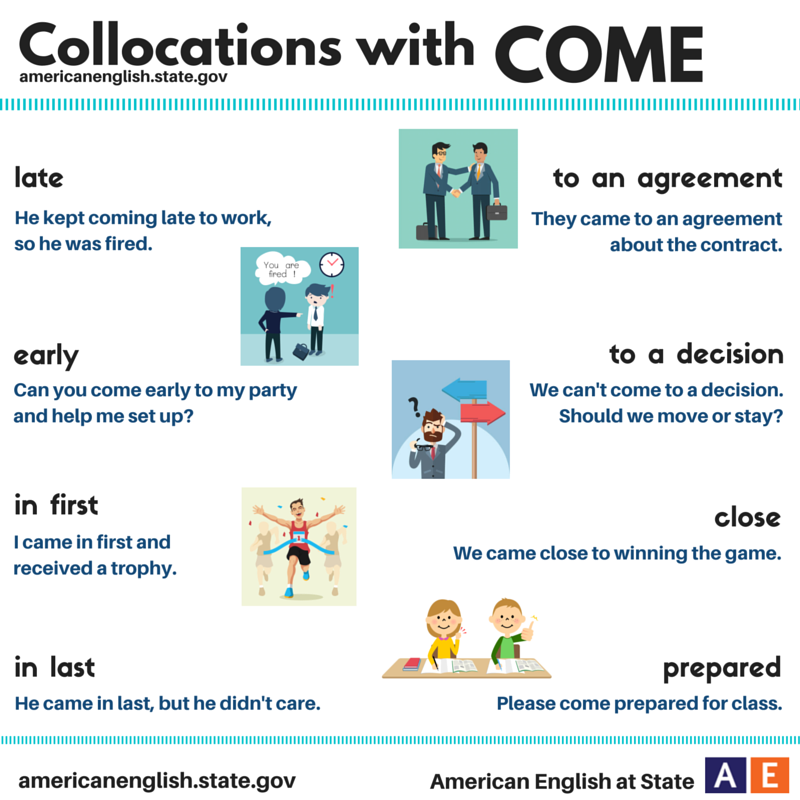 The book will be understandable to beginners.
The book will be understandable to beginners.
Algorithms and data structures should be studied after some time: Algorithms - the book will be easier to read after Introduction to Programming in Java. There is a whole course on Coursera for the last two books, but they will come in handy without it.
Why you shouldn't study to be a programmer / Sudo Null IT News
Hello everyone, my name is Ivan, I'm a developer, I write in Java. I want to share my thoughts with you and discuss together when you should not go to study as a programmer.
What do I mean? In short, don't code if you don't like it. There is nowhere stupider, why even voice what is clear to everyone by default, you say. But, not everything is so simple, I will answer.
Everyone around started wanting to get into IT, because of high salaries, popularity and promotion of various courses. But most applicants do not understand why salaries are high and what exactly they will have to do at work.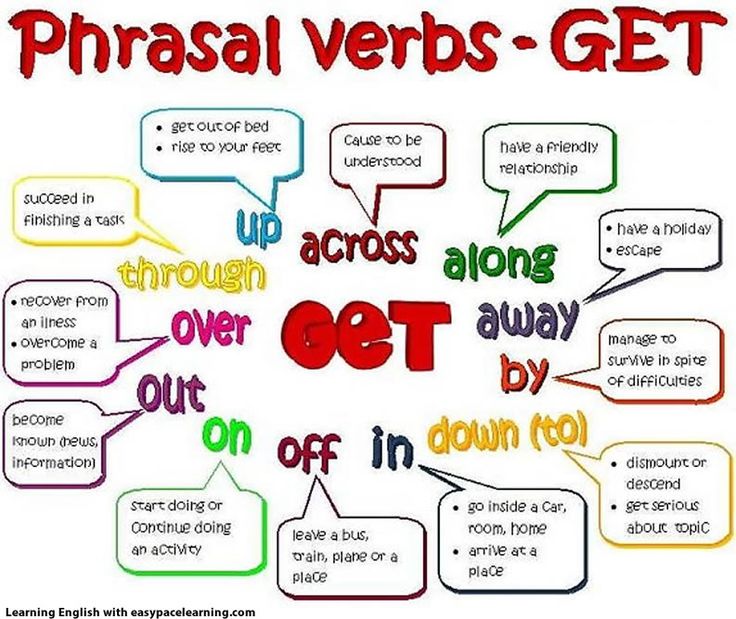 Ignorance gives rise to an erroneous idea of the profession, which in turn results in an erroneous desire to study as a programmer / data Satanist / Pythonist, etc. There is a demand for courses, courses and "mentors" are becoming more and more. And every day specialists in quotation marks enter the market. And they are in quotation marks not because they know little and can’t do anything, or they took bad courses, but because they really don’t like programming. I propose to discuss together on the topic: “Why you can’t go to study as a developer because of the money.”
Ignorance gives rise to an erroneous idea of the profession, which in turn results in an erroneous desire to study as a programmer / data Satanist / Pythonist, etc. There is a demand for courses, courses and "mentors" are becoming more and more. And every day specialists in quotation marks enter the market. And they are in quotation marks not because they know little and can’t do anything, or they took bad courses, but because they really don’t like programming. I propose to discuss together on the topic: “Why you can’t go to study as a developer because of the money.”
I can't help thinking that there's nothing to discuss here. It's simple, you can't write code if you don't like it. End of article. But no, I know developers who took courses, worked in a company, and after a year or several years they left with a deep depression, without a desire to do anything at all. And I also know people who go to study after several years of successful work, for example, in medicine, and before that there were still six years of university.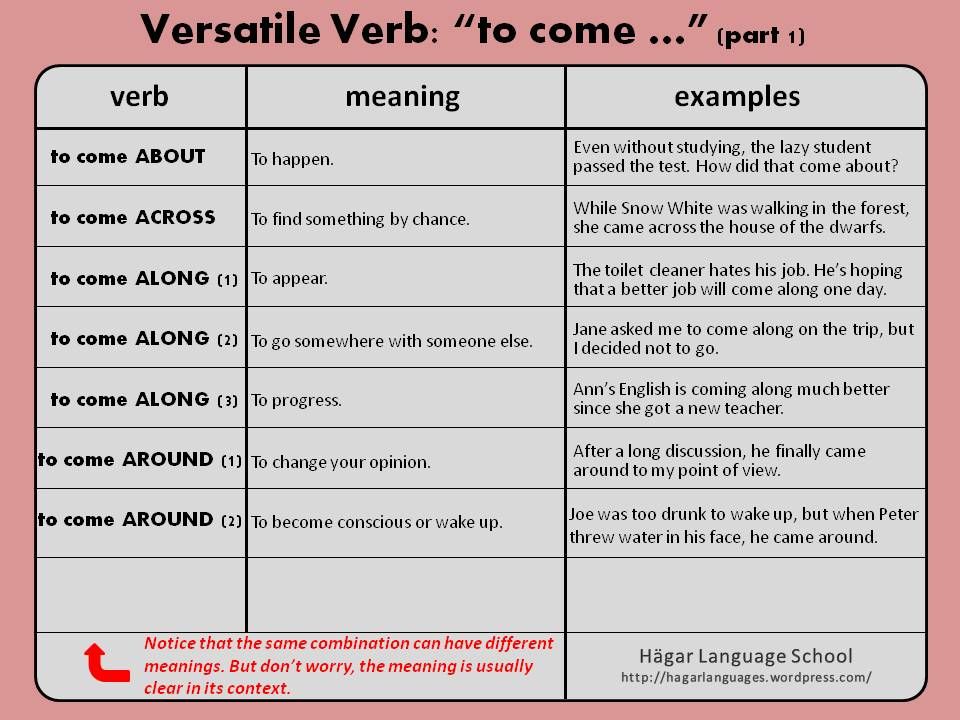 Communicating with guys who want to go learn some language, I increasingly hear the confession: “I am attracted to a big salary.”
Communicating with guys who want to go learn some language, I increasingly hear the confession: “I am attracted to a big salary.”
And it seems to me that a sharp jump in the popularity of our profession was the widespread advertising of various courses, which became a new kind of business and a new kind of divorce. But this is, by the way, a lyrical digression.
An unconscious choice (and I also consider the choice of this profession because of money to be unconscious, although I admit that there are people who worked successfully without having a special love for this craft) leads to sad consequences not only for the people themselves, but also for the industry in in general. Communicating with colleagues in the workshop, we came to the conclusion that two simple questions to ourselves would help save a lot of time, money and nerves for many people:
-
What attracts me to this profession? (If the answer is money, feel free to put that aside and look for something you enjoy regardless of profitability)
-
What do I know about programming? (If you are going to take courses, but you don’t know anything at all.
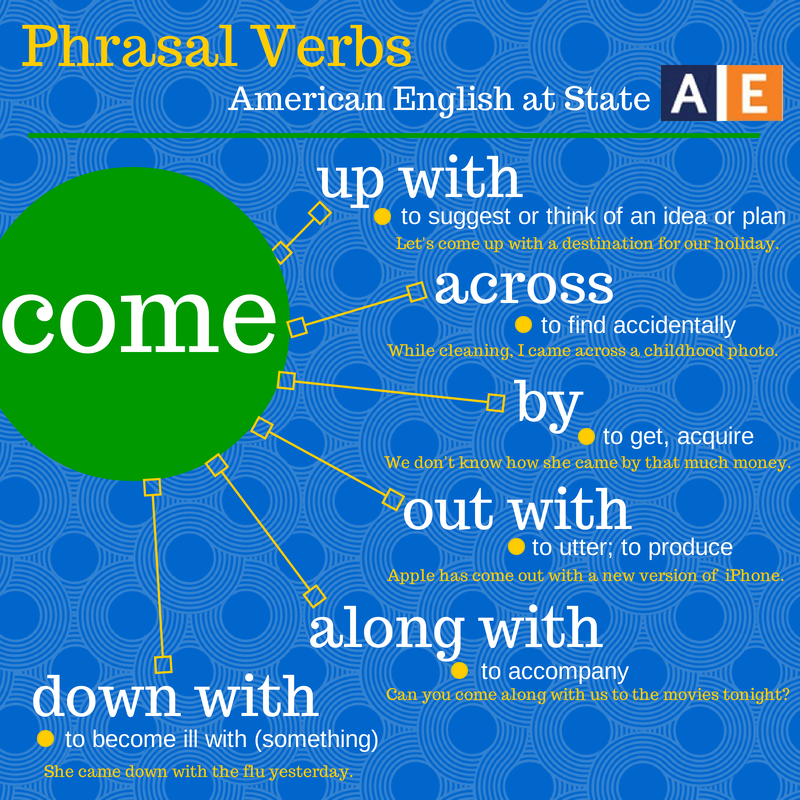 You don’t know the history of the development of languages, you don’t know what they are, you don’t know where they are used, what is the difference. In a word, “complete zero”, then where did you get it from, that going to courses and studying is a good idea?The first thing you should do in this case is to take a couple of months to study on your own and learn something new every day.And soon you will be able to understand whether you like this business, whether it brings pleasure and whether you can devote a large part of your life to it).
You don’t know the history of the development of languages, you don’t know what they are, you don’t know where they are used, what is the difference. In a word, “complete zero”, then where did you get it from, that going to courses and studying is a good idea?The first thing you should do in this case is to take a couple of months to study on your own and learn something new every day.And soon you will be able to understand whether you like this business, whether it brings pleasure and whether you can devote a large part of your life to it).
Misconception about the profession: when I ask the question - what does the developer get paid for? In response, I hear: for the working code, knowledge, experience, the number of frameworks learned ... Unfortunately, even those who work are responsible in a similar way. The answer - "for the completed task of the customer, the final and working product" should be extremely rare. And often this is routine work, without incredible and exciting algorithms, complex decisions and all that is presented to the recruit.

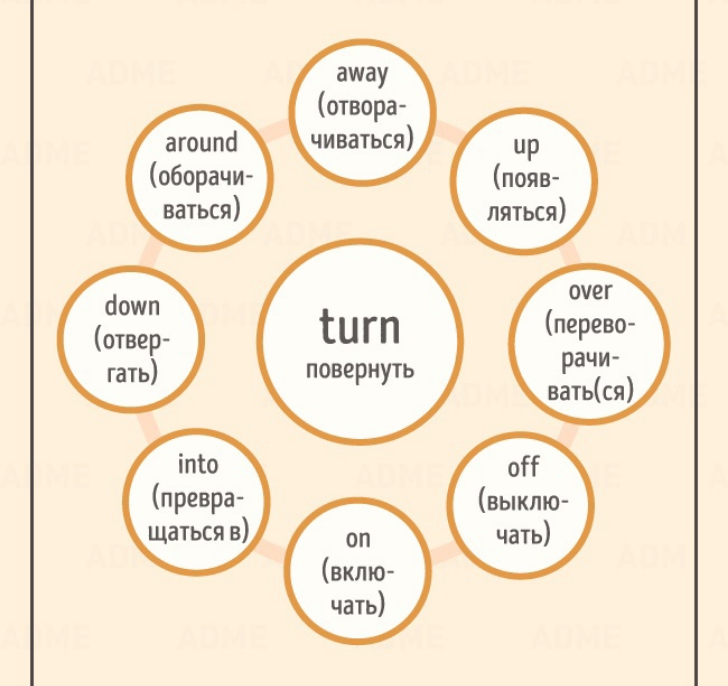
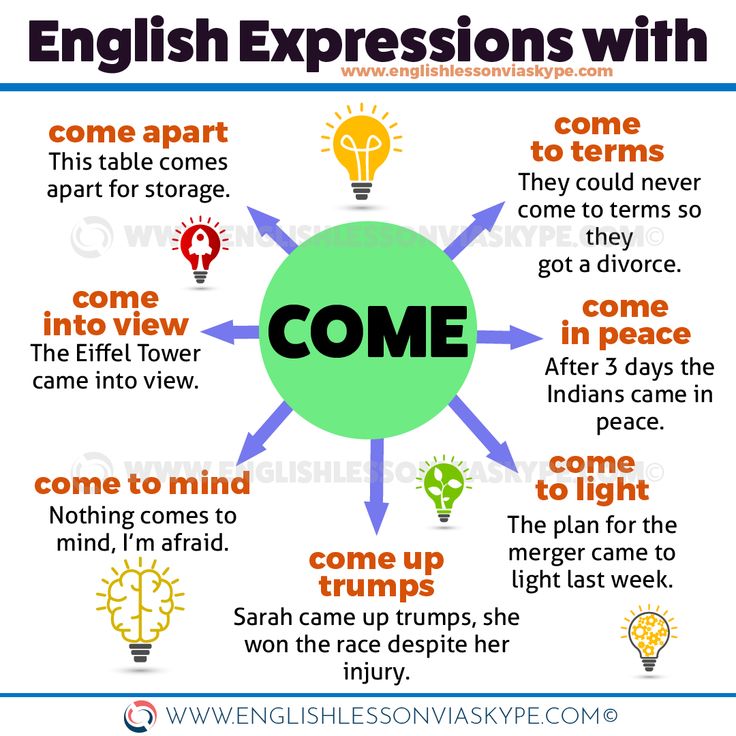
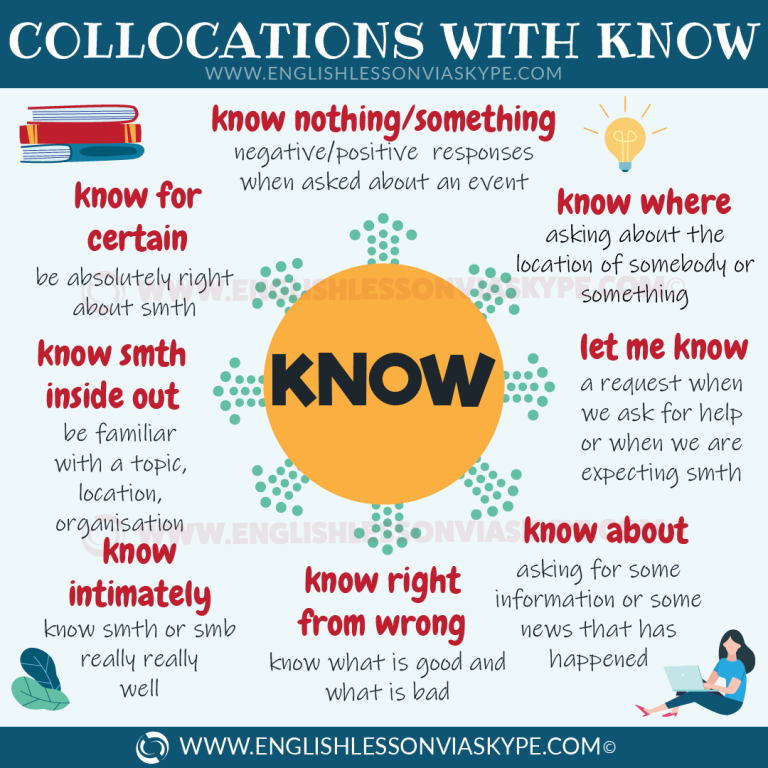

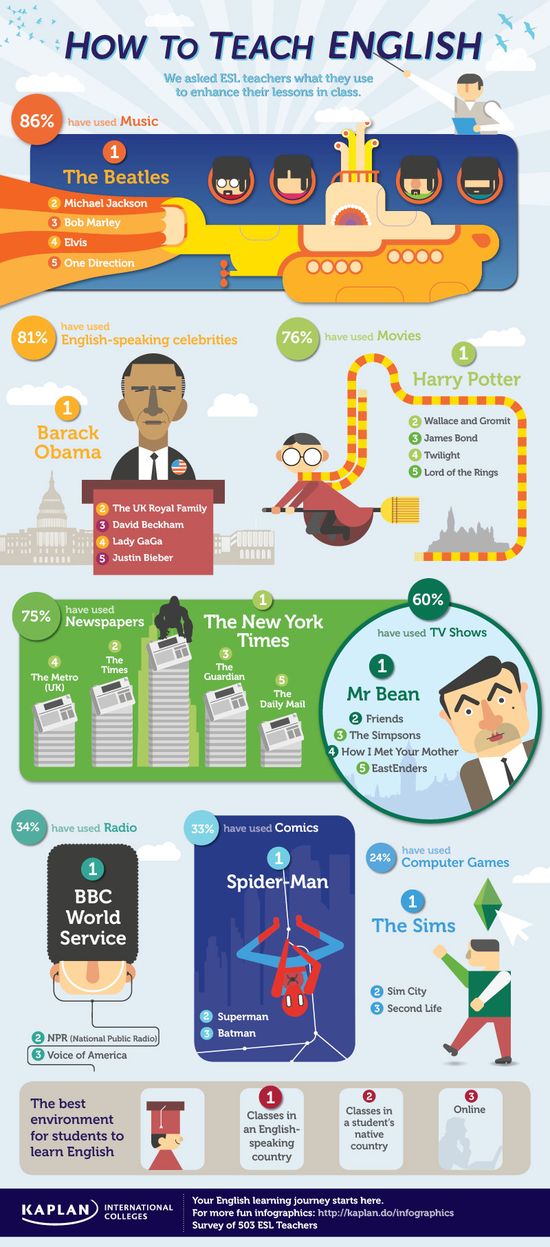 29TakeMyyokeuponyouandlearnfromMe;forI amgentleandhumbleinheart,andyou will findrestforyoursouls. 30For My yoke is easy and My burden is light.”…
29TakeMyyokeuponyouandlearnfromMe;forI amgentleandhumbleinheart,andyou will findrestforyoursouls. 30For My yoke is easy and My burden is light.”…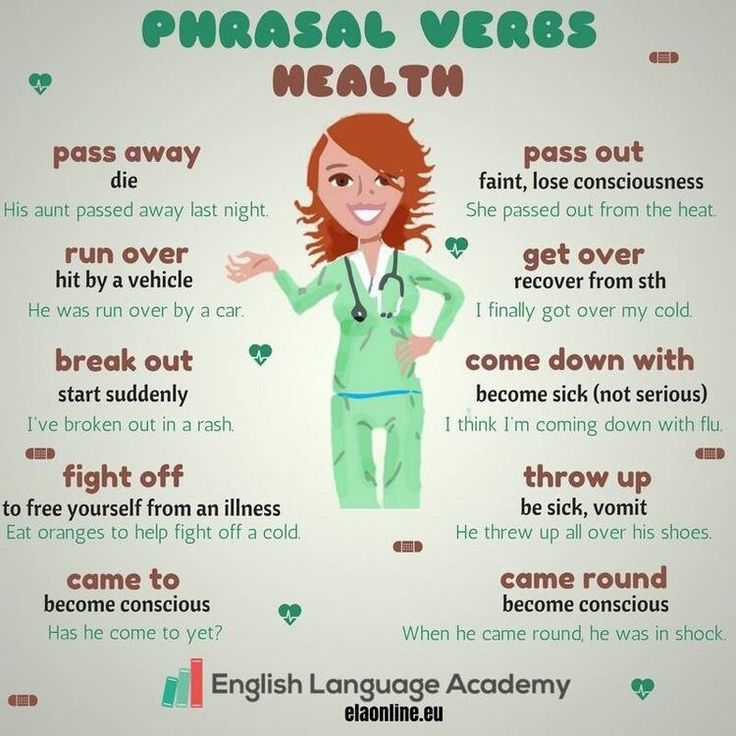
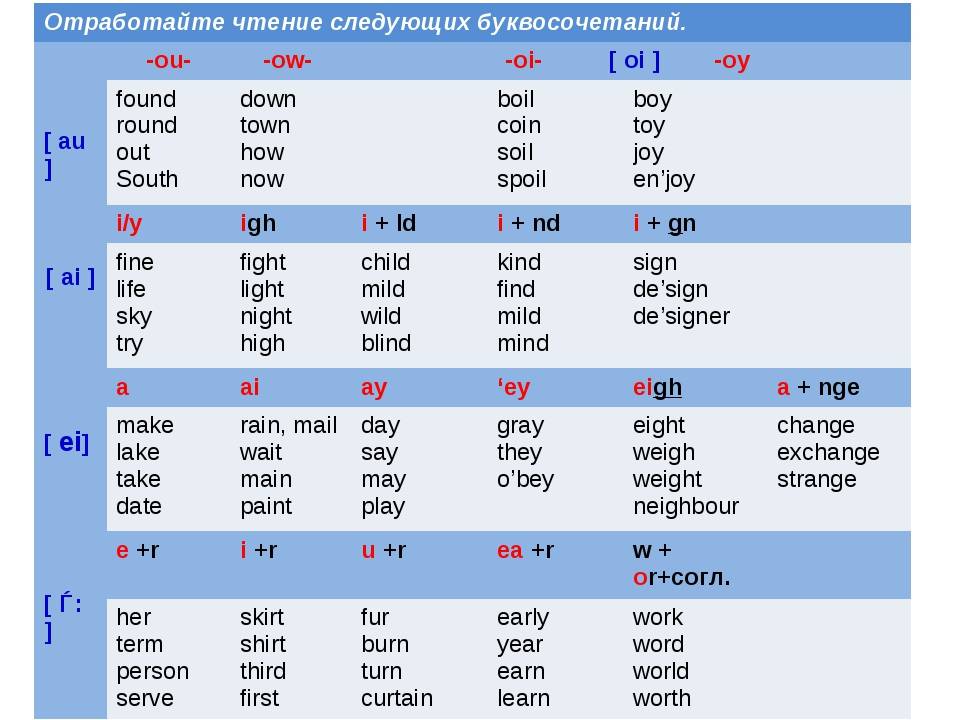 Amen.
Amen.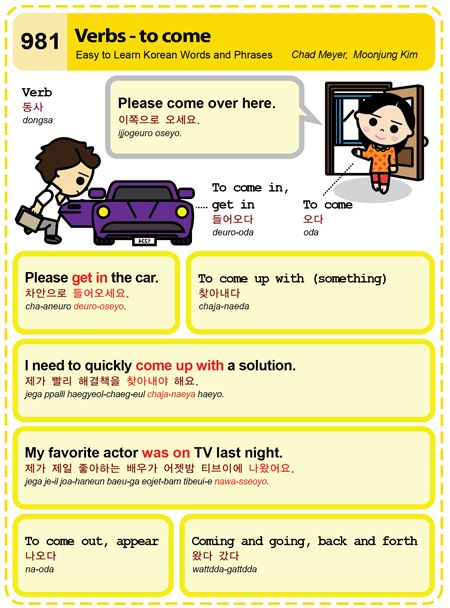 John sends his disciples to Jesus.
John sends his disciples to Jesus.
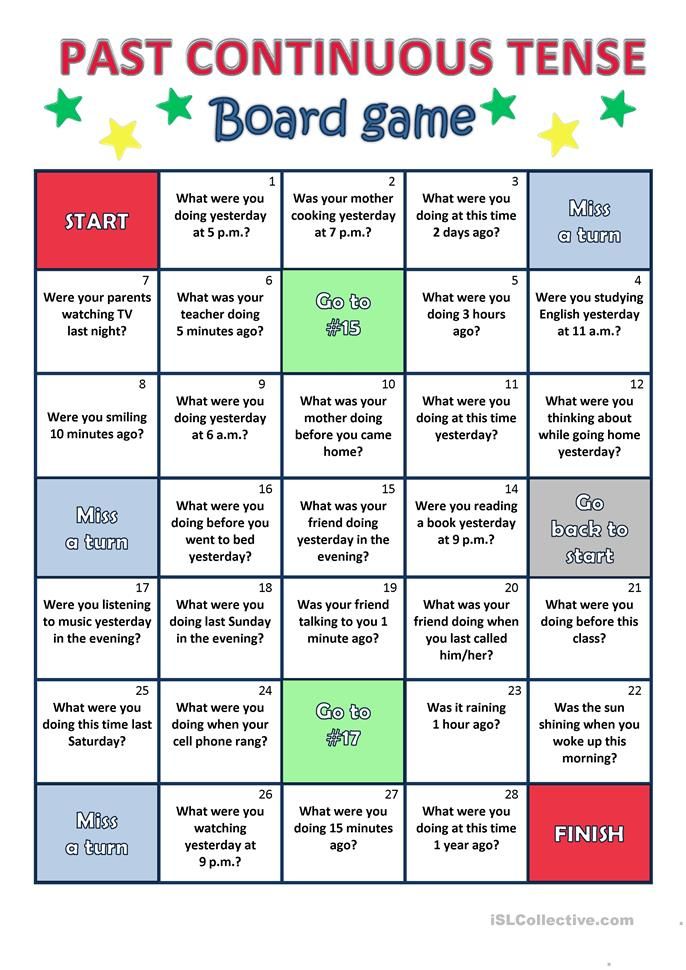 For a detailed description of the yoke and plough used now in Palestine, see an article by Dr. Post in the Quarterly Statement of the Palestine Exploration for 1891, p. 112.) And learn of me. The figure of the oxen passes into that of the scholars. The "of" is slightly ambiguous, and may refer to Christ as the Example from which they may draw the lesson for themselves (Matthew 24:32), or as the Teacher who will himself instruct them (Colossians 1:7). The second meaning is more suitable here. (For the thought, comp. John 8:31.) For. The reason why they should learn from him and no other teacher. He alone was what he claimed to teach, therefore he alone could teach it properly, and therefore from him alone could they learn that type of character which they ought to develop. I am. Observe the claim. It is almost greater than that of ver. 27. Meek. Primarily, as regards God (Matthew 5:5, note). Receiving in my degree whatever yoke my Father puts on me. And lowly in heart. As regards men. Observe that meek and lowly correspond, though the order is reversed, to "He humbled himself and became obedient" (Philippians 2:8, where ἐταπείνωσεν ἑαυτόν does not refer to the Incarnation (ἐκένωσεν ἑαυτόν), but to his relation to others in this world).
For a detailed description of the yoke and plough used now in Palestine, see an article by Dr. Post in the Quarterly Statement of the Palestine Exploration for 1891, p. 112.) And learn of me. The figure of the oxen passes into that of the scholars. The "of" is slightly ambiguous, and may refer to Christ as the Example from which they may draw the lesson for themselves (Matthew 24:32), or as the Teacher who will himself instruct them (Colossians 1:7). The second meaning is more suitable here. (For the thought, comp. John 8:31.) For. The reason why they should learn from him and no other teacher. He alone was what he claimed to teach, therefore he alone could teach it properly, and therefore from him alone could they learn that type of character which they ought to develop. I am. Observe the claim. It is almost greater than that of ver. 27. Meek. Primarily, as regards God (Matthew 5:5, note). Receiving in my degree whatever yoke my Father puts on me. And lowly in heart. As regards men. Observe that meek and lowly correspond, though the order is reversed, to "He humbled himself and became obedient" (Philippians 2:8, where ἐταπείνωσεν ἑαυτόν does not refer to the Incarnation (ἐκένωσεν ἑαυτόν), but to his relation to others in this world).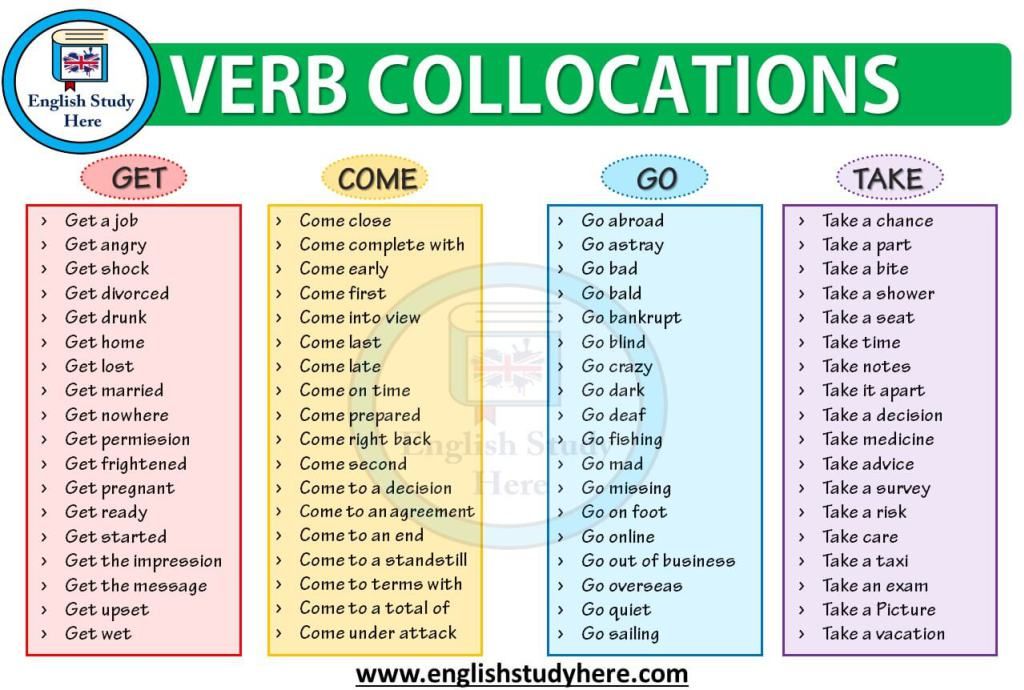 In heart (Matthew 5:8, note). "Lowly in heart" very nearly corresponds to "he that is of a lowly spirit." Such a person as Christ's experience shows (Philippians 2:9) "shall obtain honour" (Proverbs 29:23). And ye shall find rest unto your souls. In this learning and service. The words are taken from Jeremiah 6:16 (not the LXX.; cf. also Ecclus. 6:28), where they form the promise given to those that ask for the old paths and walk in the good way of the Divine commandments. But these roads were now more clearly made known in Christ. Observe the full force of the two expressions, I will give you rest (ver. 28), and Ye shall find rest. The tired comers are at once refreshed by Christ; these accept his service and teaching, and in performing it find further rest. The first rest may be termed the peace of justification; the second, that of sanctification. Both are obtained through Christ alone, yet they are not to be confused, much less identified, with one another.
In heart (Matthew 5:8, note). "Lowly in heart" very nearly corresponds to "he that is of a lowly spirit." Such a person as Christ's experience shows (Philippians 2:9) "shall obtain honour" (Proverbs 29:23). And ye shall find rest unto your souls. In this learning and service. The words are taken from Jeremiah 6:16 (not the LXX.; cf. also Ecclus. 6:28), where they form the promise given to those that ask for the old paths and walk in the good way of the Divine commandments. But these roads were now more clearly made known in Christ. Observe the full force of the two expressions, I will give you rest (ver. 28), and Ye shall find rest. The tired comers are at once refreshed by Christ; these accept his service and teaching, and in performing it find further rest. The first rest may be termed the peace of justification; the second, that of sanctification. Both are obtained through Christ alone, yet they are not to be confused, much less identified, with one another.  ..
..
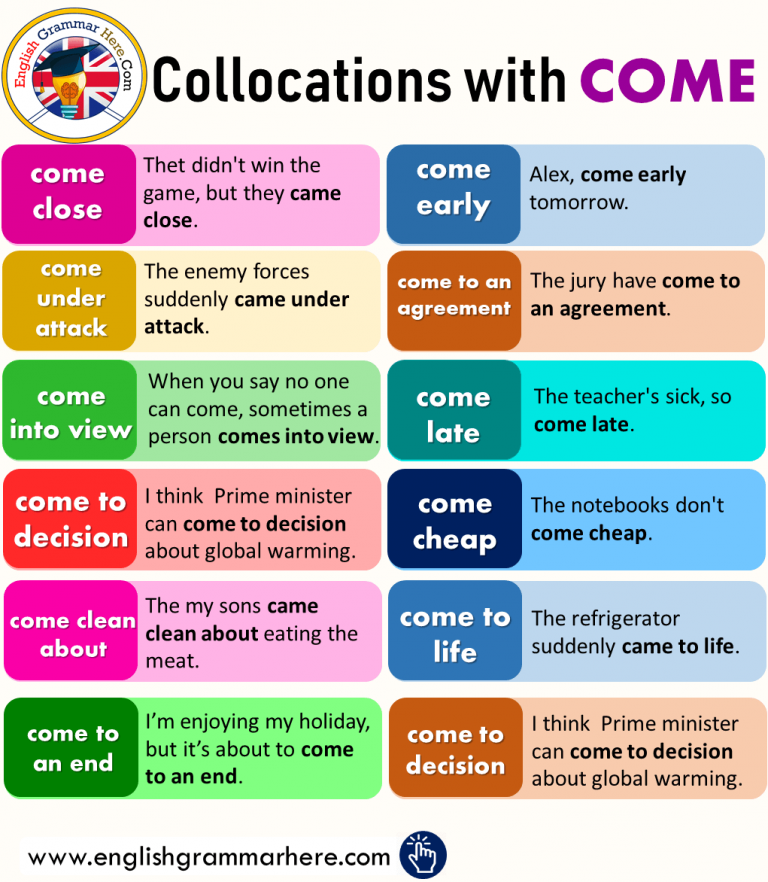 Of uncertain derivation; depressed, i.e. humiliated.
Of uncertain derivation; depressed, i.e. humiliated.